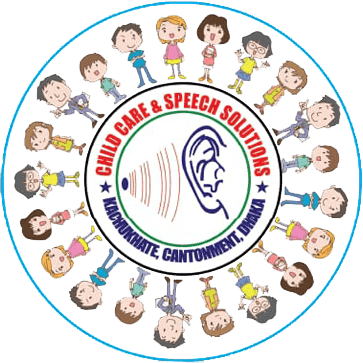Cochlear Implants For Children
Cochlear implants, when combined with rehabilitation, can significantly contribute to the development of speech, language, and social skills in young children.
Early implantation in children allows them to be exposed to auditory input during the critical period when they are acquiring language and communication abilities.
It’s important to note that cochlear implants differ from hearing aids. While hearing aids amplify sounds for individuals with hearing loss, cochlear implants directly stimulate the auditory nerve, bypassing damaged parts of the ear.
For children with severe-to-profound hearing loss, cochlear implants can have a profound impact on their quality of life. These devices enable them to perceive sounds in their environment, ensuring safety and facilitating integration with their peers. However, it’s crucial to understand that not all children are suitable candidates for cochlear implants.
The following criteria are typically considered for cochlear implantation in children:
- Age: Children should be 12 months of age or older.
- Hearing Loss: They should have severe-to-profound sensorineural hearing loss in both ears.
- Inefficacy of Hearing Aids: They should demonstrate an inability to benefit sufficiently from hearing aids or other prosthetic devices for communication.
- Motivation for Communication: Parents and/or families must show a clear motivation to function, or have their child function, within a community that relies on spoken communication.
- Educational Program: Children must be enrolled in an educational program that prioritizes the development of auditory and verbal skills.
- Surgical Risk: Patients should not have a medical condition that places them at high risk for surgery.
- Commitment to Rehabilitation: Parents and families must be committed to attending regular training, mapping, and follow-up sessions following the implantation procedure.
- Absence of Medical Contraindications: There should be no medical contraindications that would prevent the successful use of cochlear implants.
Adhering to these criteria ensures that cochlear implantation is appropriate and beneficial for children with severe-to-profound hearing loss, setting them on a path toward improved communication and a higher quality of life.

